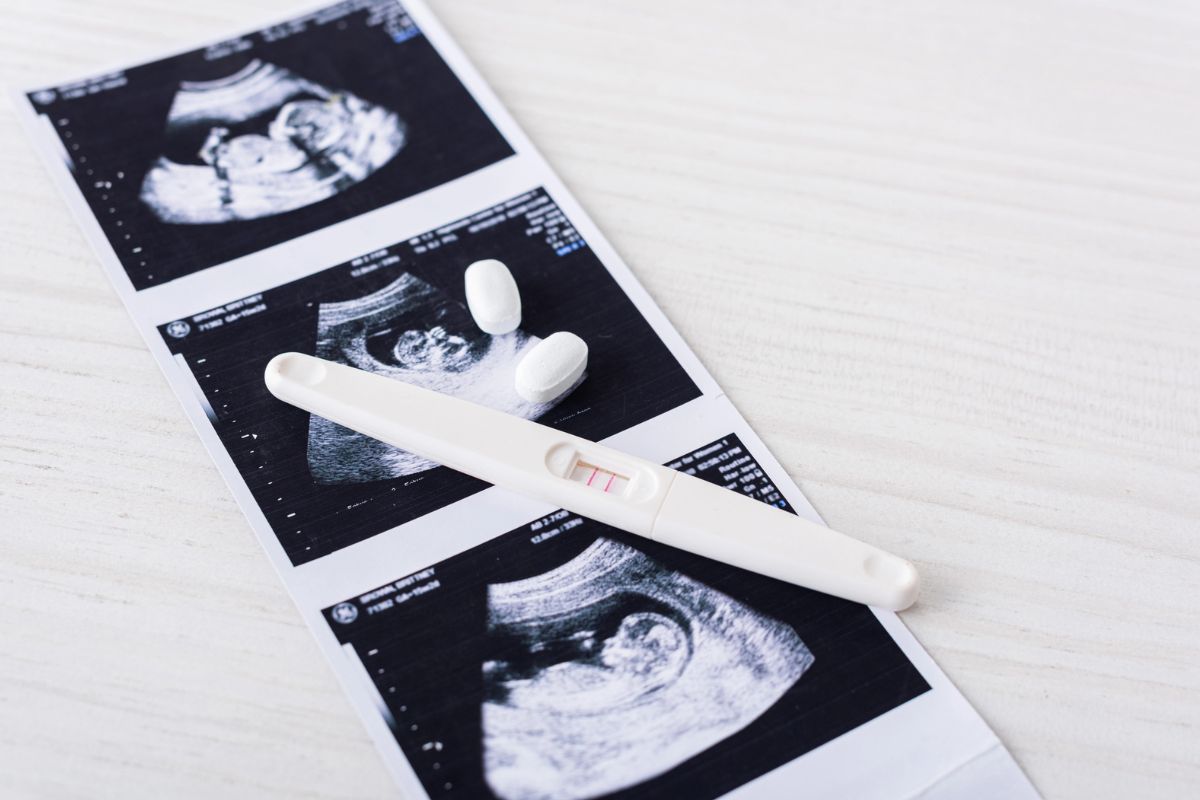Ultrasound Before an Abortion: Why it Matters
Do you really need an ultrasound before an abortion? Here are the reasons to consider this step.
If you’re thinking about abortion, you might be searching for information about what you will experience.
It’s important to have all the facts about the different abortion methods and what they will mean for you.

Pregnancy options overwhelming?
Book a visit at the Pregnancy Resource Center for advice & support.
Regardless of whether you’re considering the abortion pill (chemical abortion) or surgical abortion, the truth remains:
Having an ultrasound is critical to your safety and well-being.
What difference does an ultrasound make?
You may be wondering why an ultrasound matters, if you are planning to have an abortion.
The main reasons you need an ultrasound before an abortion have to do with the type of abortion procedure involved.
The abortion pill is only approved by the FDA for pregnancies up to 10 weeks.
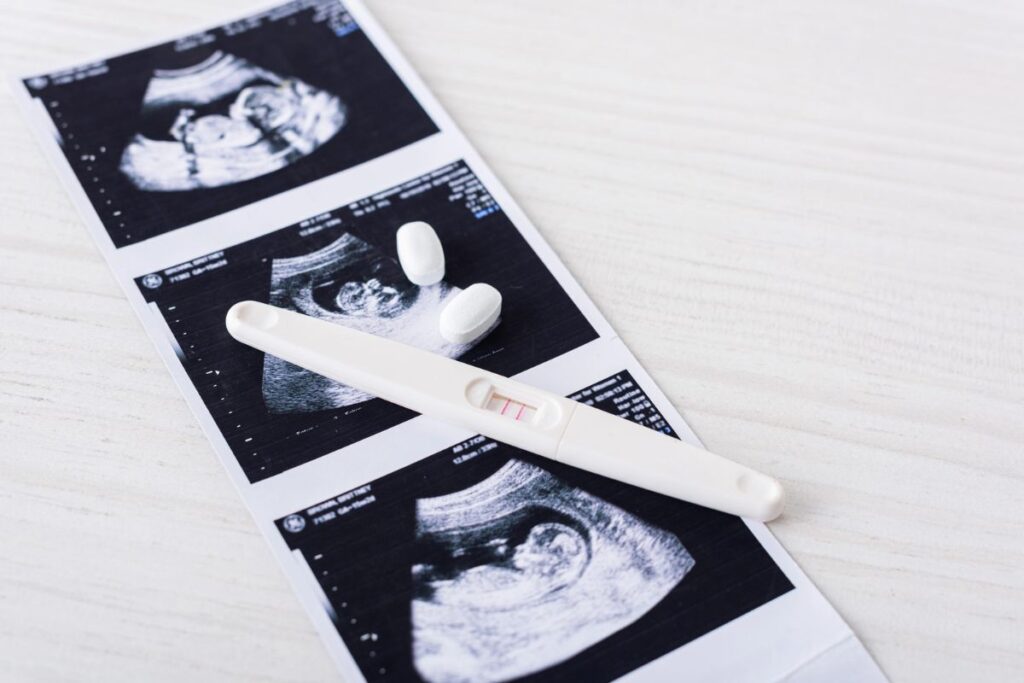
Beyond 10 weeks’ gestation, the FDA states that a surgical abortion is the next step.
This is because the pills alone are less effective as the fetus grows.
Benefits of ultrasound
First, you need to make sure you’re actually pregnant.
This might sound obvious, but false-positive pregnancy tests do happen. An ultrasound is the only way to confirm your pregnancy – before taking any other steps.
By having an ultrasound, you can then know how far along you are with more certainty than just going by your last menstrual period (LMP) date alone.
The sonographer will take measurements and data to help date the pregnancy with greater accuracy.
At the Pregnancy Resource Center, we have found that women often do not know an accurate date for their last menstrual period, making them further along than (or not as far along as) they first believed.
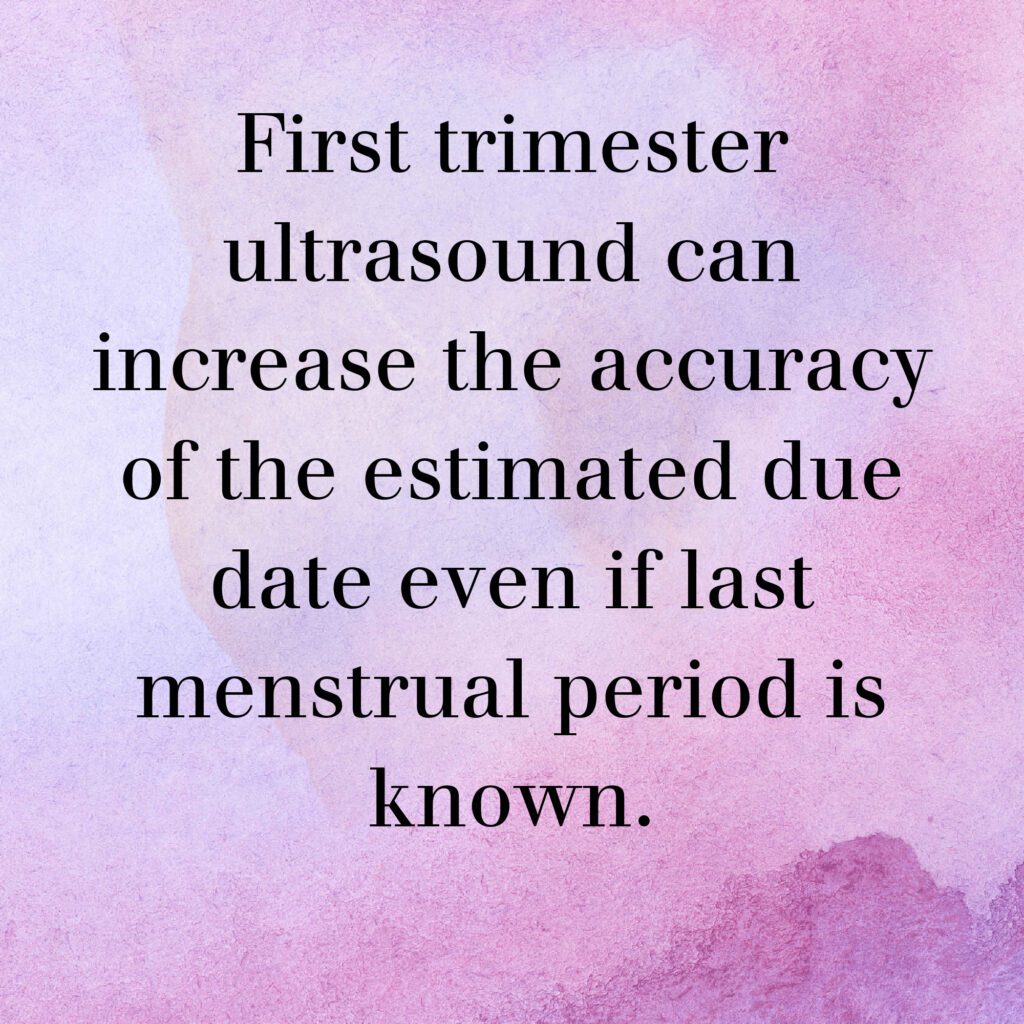
According to the OBG Project, “First trimester ultrasound is the most accurate time frame for pregnancy dating and can increase the accuracy of the EDD [estimated due date] even if LMP [last menstrual period] is known.”
What can happen if you don’t have an ultrasound before an abortion?
As we’ve just discussed, it’s REALLY important to know how far along you are to understand how big the fetus is, and what type of abortion would be available.
Complications and risks
There have been heartbreaking stories where women took the abortion pill for a pregnancy that was beyond 10 weeks- or even with a twin pregnancy- and died as a result of complications.
Also, without an ultrasound, you could have an ectopic pregnancy and not even know it.
This is a potentially life-threatening situation where a pregnancy is located outside of the uterus, often in the fallopian tube.
An abortion will not take care of an ectopic pregnancy.
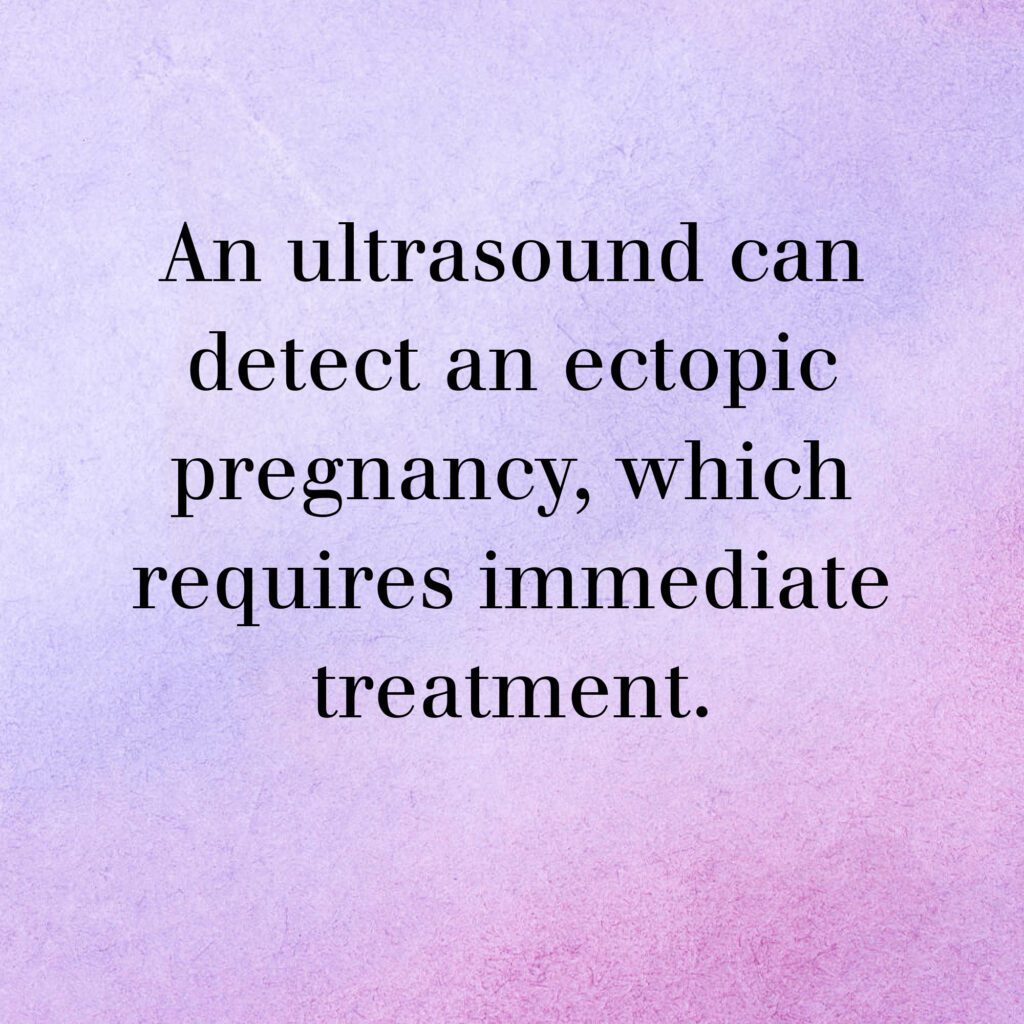
An ectopic pregnancy requires timely treatment, and an ultrasound can help you to know whether your pregnancy might be ectopic.
In this case, you would be given instructions to get immediate medical care.
Schedule a Free Ultrasound
The bottom line? When you’re considering abortion, you need to:
- Confirm your pregnancy
- Ensure you’re only carrying one baby
- Know the location of the pregnancy (inside the uterus, not ectopic)
- Accurately date your pregnancy
- Know any other risk factors that could impact your health
At the Pregnancy Resource Center of Mountain Grove, we offer free ultrasounds to give you the facts you need about your pregnancy.
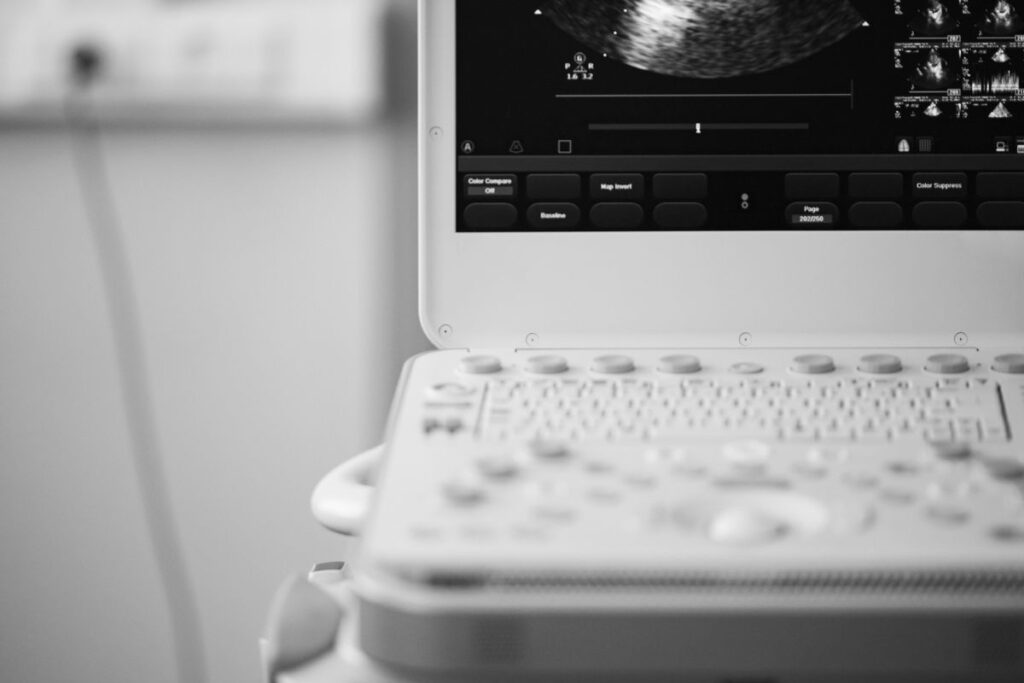
Need to Schedule an Ultrasound?
Contact us to make a free appointment.
Then you can make decisions, knowing you have the correct information you need for your health and wellness.
We can talk with you about any stressors you may be facing, answer your questions, and help you find the resources you need to address those worries.
If you’re in the Mountain Grove, Missouri area or nearby, call us or start a chat on the bottom of your screen.
Read next:
Can I continue my pregnancy after the abortion pill?
Possible complications after abortion

